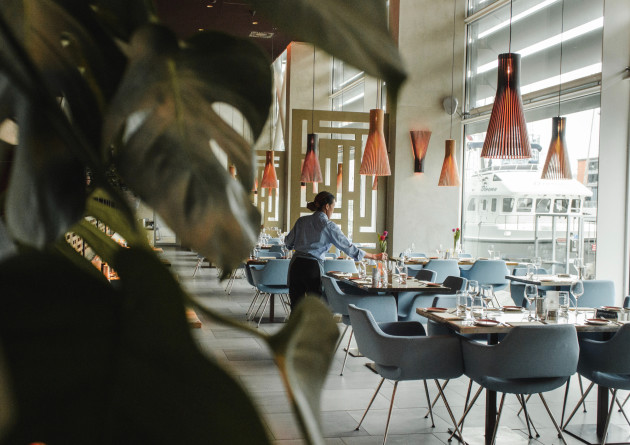
Hospitality industry hit by 63% cost surge
Research conducted by the price comparison website money.co.uk has found that the hospitality industry has been the most affected by cost increases.
The data compiled between September 2022 and August 2023 found that ‘Accommodation and food service’ businesses had been hit by a 65% price surge in the cost of goods and services.
This made it the worst-affected UK industry, followed by wholesale and retail trade and construction. Almost two in three (63%) of hospitality businesses found that their prices had increased, according to the data.
In light of these struggles, including supply chain issues, post-pandemic recovery and energy prices, the trade had hoped that the government might extend support to the hospitality industry in its Spring Budget.
However, despite calls to lower the rate of VAT, cap business rates increases and reduce employer wage costs, the chancellor delivered a ‘cut-and-paste Budget’, as far as the trade body UKHospitality was concerned.
Kate Nicholls, chief executive of UKHospitality, had said: “The chancellor missed a real opportunity today to show that he backs hospitality and understands the real pain that operators are enduring.
“He had a chance to accelerate and unlock hospitality, but instead he has delivered a cut-and-paste Budget, maintaining the status quo which continues to act as a drag on recovery.”
She continued: “A lower rate of VAT would have been a bold reform that would drive economic growth, keep prices down and unlock investment in the sector, one that was projected to grow six times faster than the economy as a whole. It would have been good for businesses, the public and the economy.
“Hospitality is a sector proven to be a catalyst for growth across the entire nation, as the foundation of the everyday economy. When we perform, the entire economy performs. It’s a great shame that the chancellor has not recognised that today [6 March].”
North of the border the Scottish Licensed Trade Association (SLTA) reiterated its concerns for Scotland’s hospitality sector as a result of ongoing inaction by both the UK and Scottish governments.
“There was no response to pleas from SLTA and other industry groups for a VAT reduction for the hospitality sector in the chancellor’s Autumn Statement last November, so today’s news is extremely disappointing but predictable,” said Colin Wilkinson, MD of the SLTA.
“Doing so in his Spring Statement would have brought some welcome relief to businesses across the hospitality and licensed trade spectrum which are struggling with huge utility bills and other costs.”
With purse strings tightened throughout the industry, calls to the Licensed Trade Charity (LTC), which supports drinks professionals in need of emotional support, increased by 43% in 2023.
A total of 4,560 people from across the sector contacted the LTC through its 24/7 helpline in 2023 – the highest number of calls the charity has ever received in a 12-month period since the helpline was established.
Financial difficulties were the most prevalent issues for callers – 23% of all calls received by the LTC were referred to the grants team to discuss financial assistance. In 2023 alone, £1.4m was awarded in grants and services by the LTC, up from £1.17m in 2022.
The UK industries most affected by the rising cost of business (Sept 2022 - Aug 2023):
-
Accommodation and food service activities – 63.6%
-
Wholesale and retail trade; repair of motor vehicles and motorcycles – 45.8%
-
Construction – 43.6%
-
Manufacturing – 36.4%
-
Other service activities – 33.9%
-
Human health and social work activities – 33.2%
-
Real estate activities – 32.9%
-
Administrative and support service activities – 30.8%
-
Arts, entertainment and recreation – 28.4%
-
Transportation and storage – 27.4%
Accommodation and food service activities relate to, the provision of complete meals and drinks fit for immediate consumption, including beverage service activities, event catering and other food service activities, and restaurants and mobile food services.
.






